News
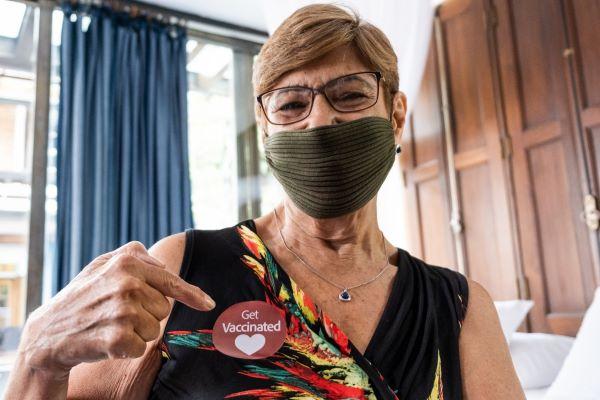
How people go from vaccine supporters to vaccine advocates
People who said they were more confident in their beliefs that vaccines and medicines were safe and effective were more likely to want to actively support these views, new research from Richard Petty…
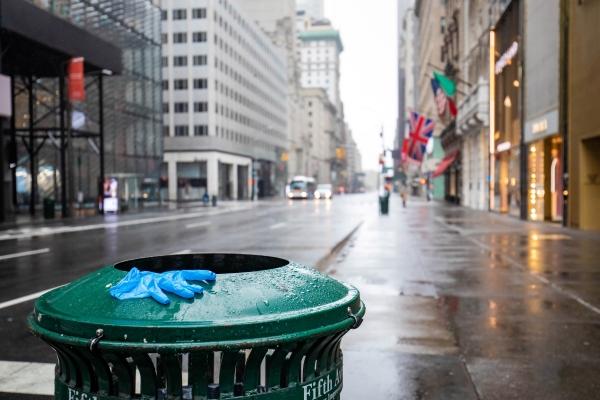
Considering COVID a hoax is ‘gateway’ to belief in conspiracy theories
Belief that the COVID-19 pandemic was a hoax – that its severity was exaggerated or that the virus was deliberately released for sinister reasons – functions as a "gateway" to believing in conspiracy…
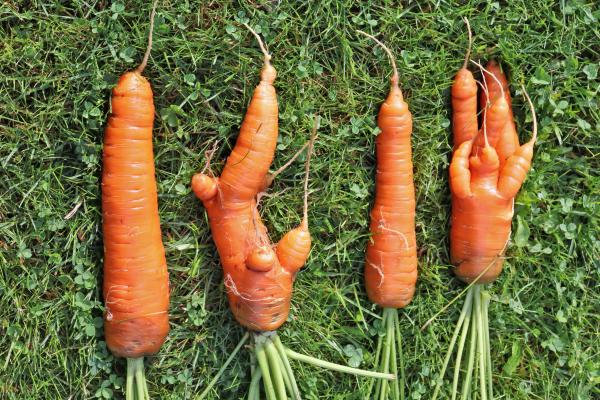
Giving ugly food a chance
New research suggests that explaining the value of misshapen vegetables – that they are as healthful as their picture-perfect counterparts and buying them helps reduce food waste – could help improve…

Ending prices with “.99” can backfire on sellers
DSC researchers Junha Kim, Selin Malkoc, and Joseph Goodman find that ending prices with “.99” can backfire on sellers. It makes consumers less likely to choose pricey upgrades…
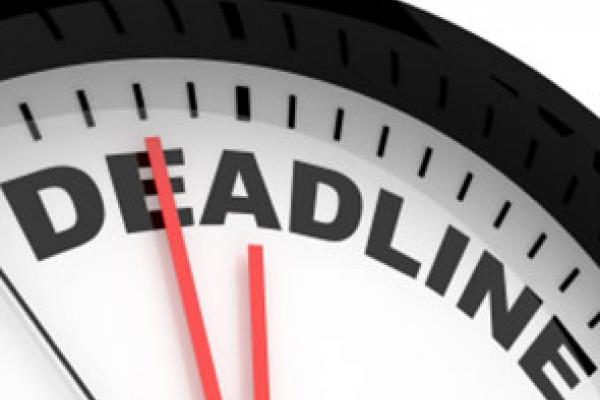
How Men and Women Treat Deadlines in the Workplace Differently
DSC researcher Grant E. Donnelly and colleagues find that men and women treat deadlines in the workplace differently. Women are less likely to ask for extensions. This hurts the women…
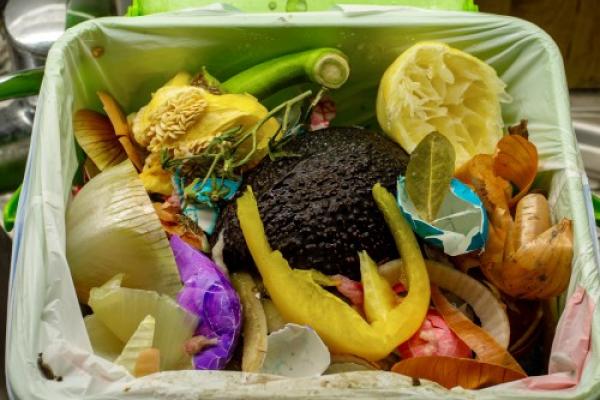
DSC researcher Brian Roe part of $15 million NSF grant aimed at reducing food waste
A $15 million grant from the National Science Foundation (NSF) will be used to establish the first national academic research network on wasted food in the United States. Brian Roe, a professor of…

When to break from the herd to make a better decision
DSC researcher Ian Krajbich and colleague Cary Frydman find that when people see others in their group hesitating before making a choice, they are about twice as likely to break from the group…
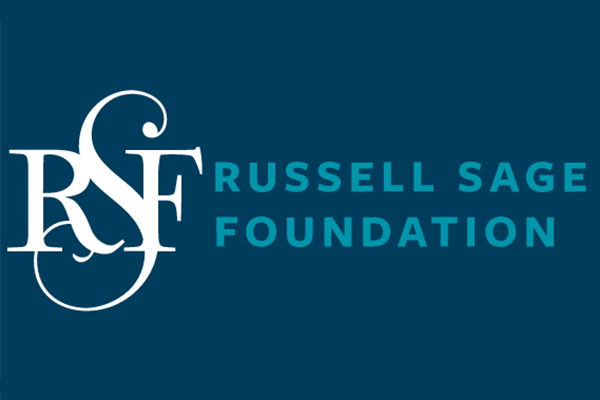
New Core Program: Behavioral Science and Decision Making in Context
The Russell Sage Foundation is pleased to announce a new core program, Behavioral Science and Decision Making in Context, which merges its long-standing program on Behavioral Economics …
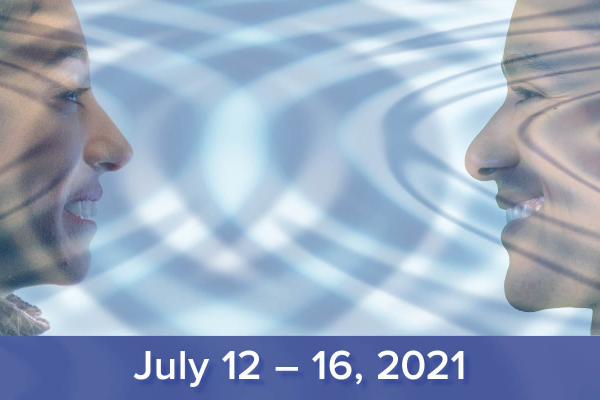
Quantum Bootcamp
This first of its kind “bootcamp” is intended to introduce students and scholars at all stages, from across the social sciences, to the potential utility of quantum theory for their work. At the…
